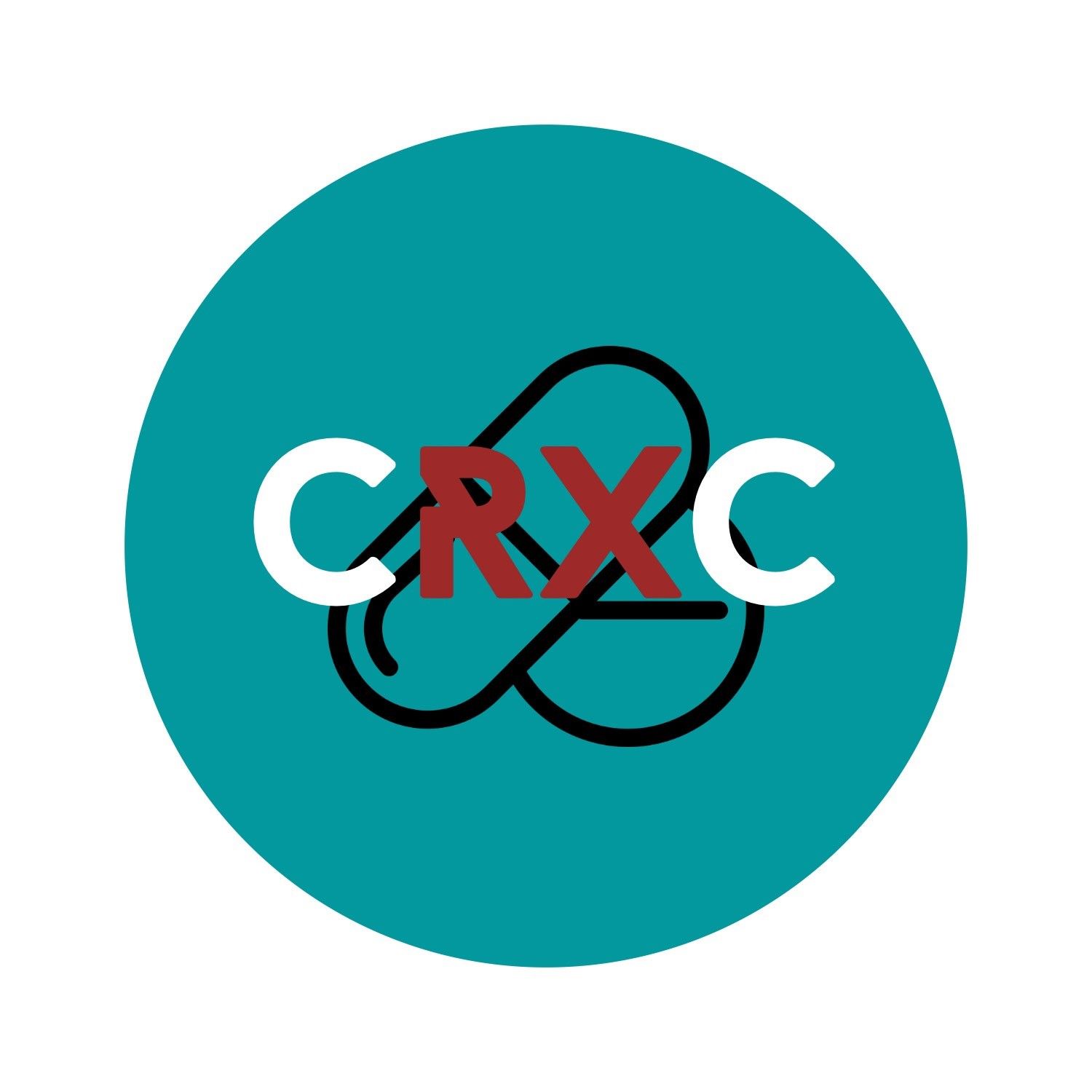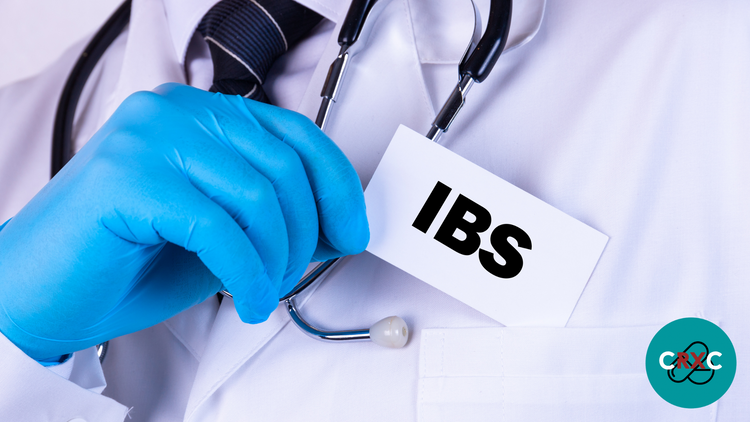Recognizing Depression in Men

For men's health month we wanted to shed light on a health topic that had not been discussed too much in the past, but with social media now providing the ability to share and give voice to many who struggle with mental health issues and the new studies that are developing in men's health, it shows that male depression is being talked about and the knowledge is being expanded on the topic more these days.
Both men and women can experience depression symptoms, however symptoms may differ by appearances and expression. Studies have shown that men are more unlikely to recognize and acknowledge their “symptoms” as depression. This results in neglect when seeking proper help or treatment. Many men with depression often hide their emotions and may represent themselves in a more angry or irritable and aggressive way. Typically men who struggle with depression often show signs of lethargy and loss of interest in many things in their life such as family, friends, work, hobbies and have a more difficult time finding the ability to rest and sleep compared to women who have depression which studies have shown tend to sleep more when depressed. Other symptoms for men can be physical such as increased heart rate, chest tightness, chronic headaches, and digestive or gastrointestinal issues. Due to the more noticeable physical symptoms, men are more likely to seek medical attention rather than when they are experiencing the more emotional side of their symptoms.
Depression does not show favoritism when it comes to age. It can affect you at any age or stage in your life. Everyone copes differently with depression. However, men are more likely to cope with their emotions using substances such as drugs or alcohol, which can sometimes lead to suicide from lethal ingestion of abusing these substances if left untreated.
What are some other signs and symptoms of depression in men?
- Anger, irritability, or aggressiveness
- Feeling anxious, restless, or “on the edge”
- Loss of interest in work, family, or once-pleasurable activities
- Problems with sexual desire and performance
- Feeling sad, "empty," flat, or hopeless
- Not being able to concentrate or remember details
- Feeling very tired, not being able to sleep, or sleeping too much
- Overeating or not wanting to eat at all
- Thoughts of suicide or suicide attempts
- Physical aches or pains, headaches, cramps, or digestive problems
- Inability to meet the responsibilities of work, caring for family, or other important activities
- Engaging in high-risk activities
- A need for alcohol or drugs
- Withdrawing from family and friends or becoming isolated
Signs and symptoms are quoted from: https://www.nimh.nih.gov/health/publications/men-and-depression
Factors of depression:
There are actually many different causes for someone to experience the feeling of being depressed.
- Traumatic experiences, PTSD
- Environmental changes or stressors
- Stress and anxiety
- Genetics
- Chemical imbalance in the brain
- Poor physical health and nutrition
- Substance abuse
- Hormonal imbalances
- Grief or loss
Treatment and medications:
Non-medical treatment can look like...
- Exercise
- Healthy diet and nutrition
- Practicing better sleep habits for improved sleep (Not taking naps during the day, going to bed at the same time every night, using your bed for sleep only, keeping your room temperature that is comfortable, not exercising in the evening, avoiding caffeine, smoking, alcohol or large meals before bed)
- Counseling or support groups
- Psychotherapy
- Finding a healthy outlet (writing, journaling, diary, meditation, yoga, practice breathing techniques etc.)
Medical treatment is available and have many different types of options such as...
- Selective serotonin reuptake inhibitors (SSRIs). Doctors often start by prescribing an SSRI. These drugs are considered safer and generally cause fewer bothersome side effects than other types of antidepressants. SSRIs include citalopram (Celexa), escitalopram (Lexapro), fluoxetine (Prozac), paroxetine (Paxil, Pexeva), sertraline (Zoloft) and vilazodone (Viibryd).
- Serotonin-norepinephrine reuptake inhibitors (SNRIs). Examples of SNRIs include duloxetine (Cymbalta), venlafaxine (Effexor XR), desvenlafaxine (Pristiq, Khedezla) and levomilnacipran (Fetzima).
- Atypical antidepressants. These medications don't fit neatly into any of the other antidepressant categories. They include bupropion (Wellbutrin XL, Wellbutrin SR, Aplenzin, Forfivo XL), mirtazapine (Remeron), nefazodone, trazodone and vortioxetine (Trintellix).
- Tricyclic antidepressants. These drugs — such as imipramine (Tofranil), nortriptyline (Pamelor), amitriptyline, doxepin, trimipramine (Surmontil), desipramine (Norpramin) and protriptyline (Vivactil) — can be very effective, but tend to cause more-severe side effects than newer antidepressants. So tricyclics generally aren't prescribed unless you've tried an SSRI first without improvement.
- Monoamine oxidase inhibitors (MAOIs). MAOIs — such as tranylcypromine (Parnate), phenelzine (Nardil) and isocarboxazid (Marplan) — may be prescribed, typically when other drugs haven't worked, because they can have serious side effects. Using MAOIs requires a strict diet because of dangerous (or even deadly) interactions with foods ― such as certain cheeses, pickles and wines ― and some medications and herbal supplements. Selegiline (Emsam), a newer MAOI that sticks on the skin as a patch, may cause fewer side effects than other MAOIs do. These medications can't be combined with SSRIs.
- Other medications. Other medications may be added to an antidepressant to enhance antidepressant effects. Your doctor may recommend combining two antidepressants or adding medications such as mood stabilizers or antipsychotics. Anti-anxiety and stimulant medications also may be added for short-term use.
Medical treatment information quoted from:
https://www.mayoclinic.org/diseases-conditions/depression/diagnosis-treatment/drc-20356013
Talk to your doctor
Please, if you or anyone you know is experiencing any signs and symptoms or thoughts of suicide to seek professional health.
If you are in the United States and are in need of immediate assistance call your emergency hospital line or if you are needing to talk to someone when you are experiencing difficulties with your symptoms or if you are having thoughts of suicide please contact the help and crisis lines available in your state: For more information: https://www.therapyroute.com/article/suicide-hotlines-and-crisis-lines-in-the-united-states-of-america





